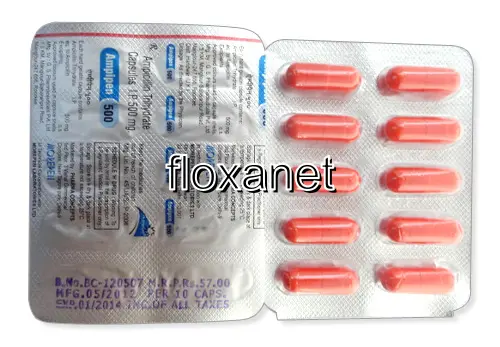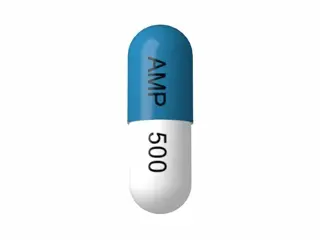| Package | Dosage | Price | Price per Dose | |
|---|---|---|---|---|
| Dosage: 250mg | ||||
| 270 pill | 250mg | £114.19 | £0.42 | |
| 180 pill | 250mg | £78.18 | £0.43 | |
| 120 pill | 250mg | £53.49 | £0.44 | |
| 90 pill | 250mg | £42.17 | £0.46 | |
| Dosage: 500mg | ||||
| 270 pill | 500mg | £249.99 | £0.93 | |
| 180 pill | 500mg | £170.77 | £0.95 | |
| 120 pill | 500mg | £117.27 | £0.98 | |
| 90 pill | 500mg | £95.67 | £1.06 | |
| 60 pill | 500mg | £72.01 | £1.19 | |
| 30 pill | 500mg | £42.17 | £1.41 | |
| 20 pill | 500mg | £31.88 | £1.59 | |
| 10 pill | 500mg | £16.45 | £1.62 | |

Acillin Description
Overview of Acillin
Acillin is a medication commonly used to treat bacterial infections. It belongs to the penicillin class of antibiotics, which are well-known for their effectiveness against a broad spectrum of bacteria. The active substance in Acillin works by inhibiting bacterial cell wall synthesis, leading to the destruction or inhibition of bacterial growth. This makes it a valuable option for various infections, including respiratory tract infections, skin infections, and urinary tract infections.
Effectiveness and Spectrum of Action
One of the key advantages of Acillin is its proven efficacy against many gram-positive bacteria, such as Streptococcus and Staphylococcus species. It is also occasionally effective against some gram-negative bacteria, though its activity is more limited in this area compared to other antibiotics. The medication is often prescribed by healthcare providers based on the suspected or confirmed bacterial pathogen. Proper use of Acillin can lead to quick alleviation of symptoms and speedy recovery.
Administration and Dosage
Acillin is typically administered orally in the form of capsules, tablets, or liquid suspensions. The dosage depends on the severity of the infection, the patient's age, weight, and overall health condition. It's crucial to follow the prescribed dosage and complete the entire course of treatment, even if symptoms improve earlier. Not completing the course can lead to bacterial resistance and treatment failure. Consulting a healthcare professional before starting treatment is always recommended to ensure safety and effectiveness.
Possible Side Effects
Like all medications, Acillin may cause side effects in some individuals. Common reactions include gastrointestinal issues such as nausea, vomiting, and diarrhea. Allergic reactions, although less common, can occur and may manifest as skin rashes, itching, or swelling. Severe allergic responses, like anaphylaxis, require immediate medical attention. Patients with a known allergy to penicillin should avoid Acillin and consult their doctor for alternative treatments.
Precautions and Interactions
Patients with a history of allergies to penicillin or other beta-lactam antibiotics should inform their healthcare provider. Acillin may also interact with other medications, such as blood thinners or oral contraceptives, potentially affecting their efficacy. It is essential to disclose all current medications and health conditions before starting Acillin therapy. Pregnant and breastfeeding women should discuss the risks and benefits with their doctor, as safety data in these populations may be limited.
Storage and Handling
To maintain the medication's effectiveness, Acillin should be stored in a cool, dry place away from direct sunlight. Keep it out of reach of children. Do not use expired medication, as its potency may diminish over time. Proper storage ensures that the medication remains safe and effective until its expiration date.
See Also
